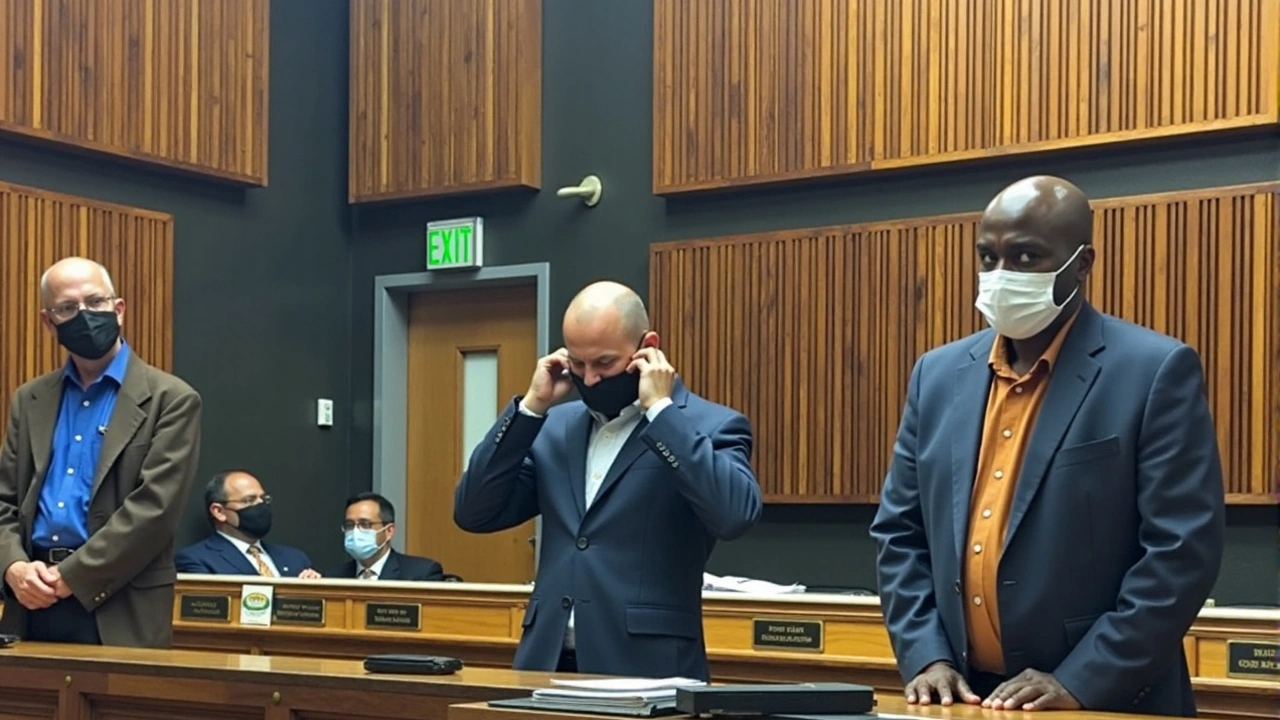Understanding Fraud Charges: Your Quick Guide
Fraud charges pop up often in news stories, but what exactly does that mean? Simply put, fraud happens when someone tricks another person or organization to gain money or property dishonestly. Getting hit with fraud charges means the law thinks you might have done that.
It's important to know fraud isn’t just a small slip-up; it’s a serious crime with major consequences. It can involve things like fake documents, lying about finances, or scams designed to steal. So if you hear about "fraud charges" in any story, it means legal action is underway to prove someone acted dishonestly on purpose.
How Fraud Charges Work in South Africa
In South Africa, fraud is covered by specific laws that protect citizens and businesses. When fraud is suspected, the police or relevant authorities investigate to find evidence. If they believe the accused person did commit fraud, official charges are filed in court.
A fraud charge leads to a trial where both sides present their evidence. The prosecution must prove the fraud happened beyond reasonable doubt. If found guilty, penalties can range from fines to jail time, depending on the fraud's scale and impact.
Recent News and Why It Matters
Our news hub keeps an eye on fraud stories that affect you, whether it’s scams hitting everyday people or big corporate fraud cases. Knowing about these cases helps you stay alert to fraud risks and understand how authorities are tackling crime.
For example, if you hear about Lagos declaring many estates illegal for lacking approval, that’s part of a crackdown on real estate fraud and wrongdoing. Staying informed means you can avoid trouble and protect yourself from scams.
Fraud charges aren't just legal jargon—they affect real lives and economies. Knowing the basics helps you spot red flags and understand news coverage better. Keep an eye on RSA Daily News Hub for reliable updates on fraud and other important topics.
